The 12 Most Common Health Problems for Senior Adults
Written by TYE Medical on Mar 4th 2024
Americans today live longer than any other period in history. According to the Centers for Disease Control and Prevention (CDC), you can live nearly 20 years past age 65. But this longevity doesn’t mean you’ll live to a ripe old age without any health concerns. Rather, living longer means recognizing symptoms and managing chronic health conditions to stay healthy as possible during your remaining years.
Traditional advice stands when it comes to staying healthy as you age. It requires making healthy choices like not smoking (or stopping), maintaining a healthy weight, staying physically active, and eating a healthy diet.
And if you want to be vigilant and proactive, consider 12 of the most common senior health problems. Keeping these conditions and their most prominent symptoms in mind can help you catch diseases and issues before they progress.
1. Arthritis

It’s the condition you’re most likely to face at age 65 and older. It affects almost 50 percent of people in this age bracket. If not managed or treated, it can lower your quality of life and limit your activity. But be careful about limiting your movements too much. It’s best to work with your doctor to create a plan for physical activity. If done right, staying physically active can help your joints and also keep the rest of your body in good health. The most common symptoms of arthritis are joint swelling, stiffness, and pain.
2. Heart Disease

While arthritis is the most common condition among seniors, heart disease is the deadliest. It’s considered the leading killer of adults aged 65 and older. It’s found in 37 percent of men and 26 percent of women this age.
Why such an epidemic? The risk factors for heart disease are very common and include high blood pressure and high cholesterol. The typical American lifestyle that includes a poor diet and little exercise makes these risk factors so prevalent. It’s a perfect storm that makes heart disease almost inevitable for some people unless they make serious changes.
You probably won’t know that you have high blood pressure, high cholesterol, or heart disease without screenings. So be sure to get regular check ups with your primary care physician.
3. Cancer
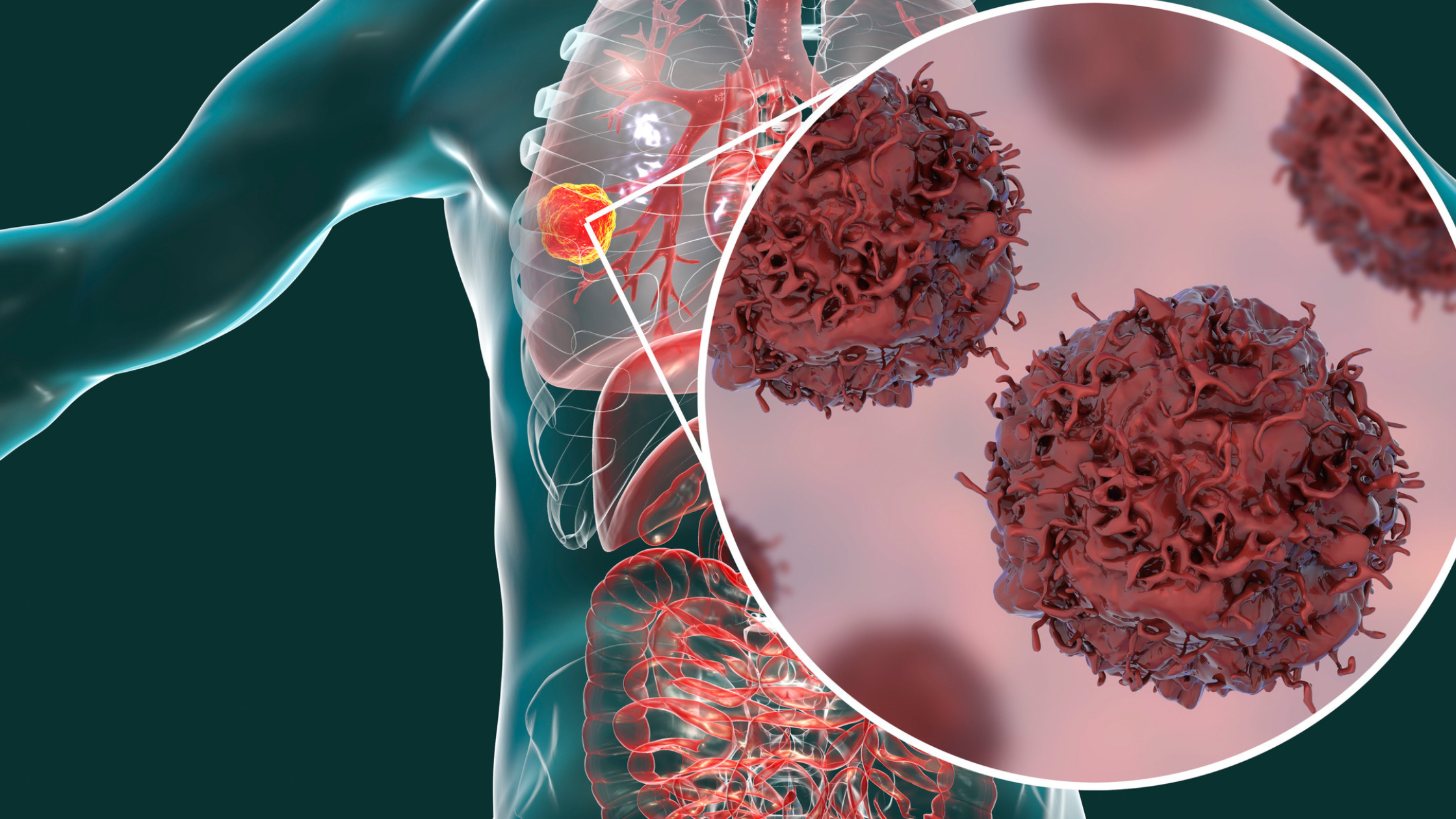
Heart disease is the number one killer of those 65 and older, but the second leading cause of death among seniors is cancer. And even more people continue to live and battle cancer. Early detection is the best way to prevent a long fight with cancer or eventual death. This means screenings are key. If you catch cancer early through mammograms, skin checks, and colonoscopies, you can experience successful treatment.
It’s not always possible to prevent cancer, but once diagnosed you can work with your healthcare team to ensure you maintain a good quality of life as you seek treatments. Cancer symptoms vary greatly and often come too late, which means that screenings are a top priority.
4. Respiratory Disease
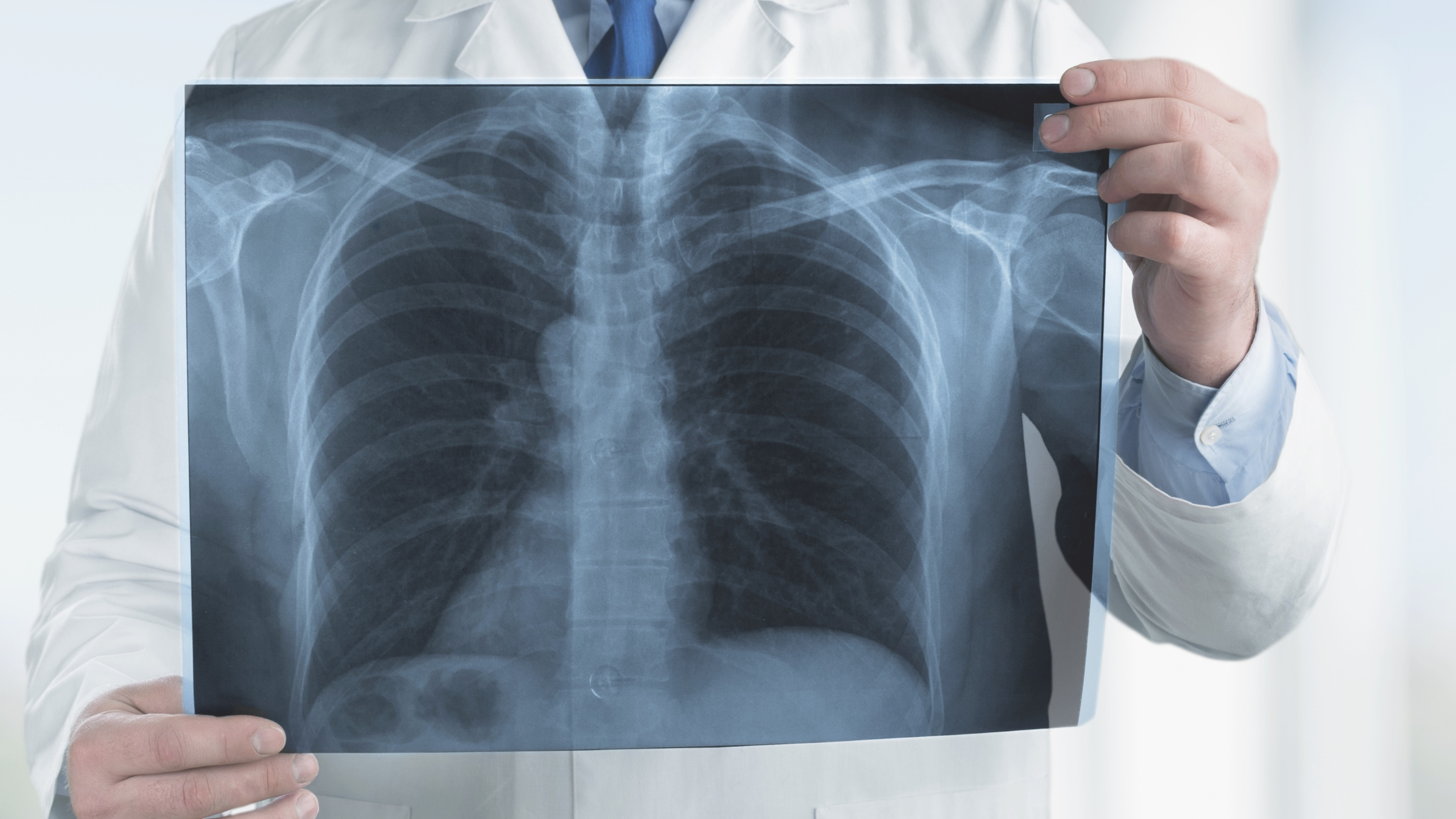
This is the third most common cause of death if you’re 65 or older. Chronic lower respiratory disease include COPD (chronic obstructive pulmonary disease), asthma, chronic bronchitis, and emphysema. If you have a respiratory disease, you’re more susceptible to pneumonia and other lung infections. Smoking commonly causes COPD and emphysema but is not the only cause of lower respiratory conditions.
Even with these diseases, you can improve your quality of life and preserve your health by getting lung function tests, taking medications, and using oxygen according to your doctor’s prescription.
5. Alzheimer’s Disease

Alzheimer’s disease eventually leads to death as the condition progresses and ranks as the seventh leading cause of death in the U.S. It’s tough to diagnose, which means that many are unaware they are living with the disease. And since Alzheimer’s disease impairs cognitive function, it affects many aspects of your health, even putting your safety at risk and preventing self-care.
A few of the early signs of Alzheimer’s disease include memory loss that disrupt your daily life, difficulty problem solving and following instructions at a basic level, and difficulty completing familiar tasks.
6. Osteoporosis
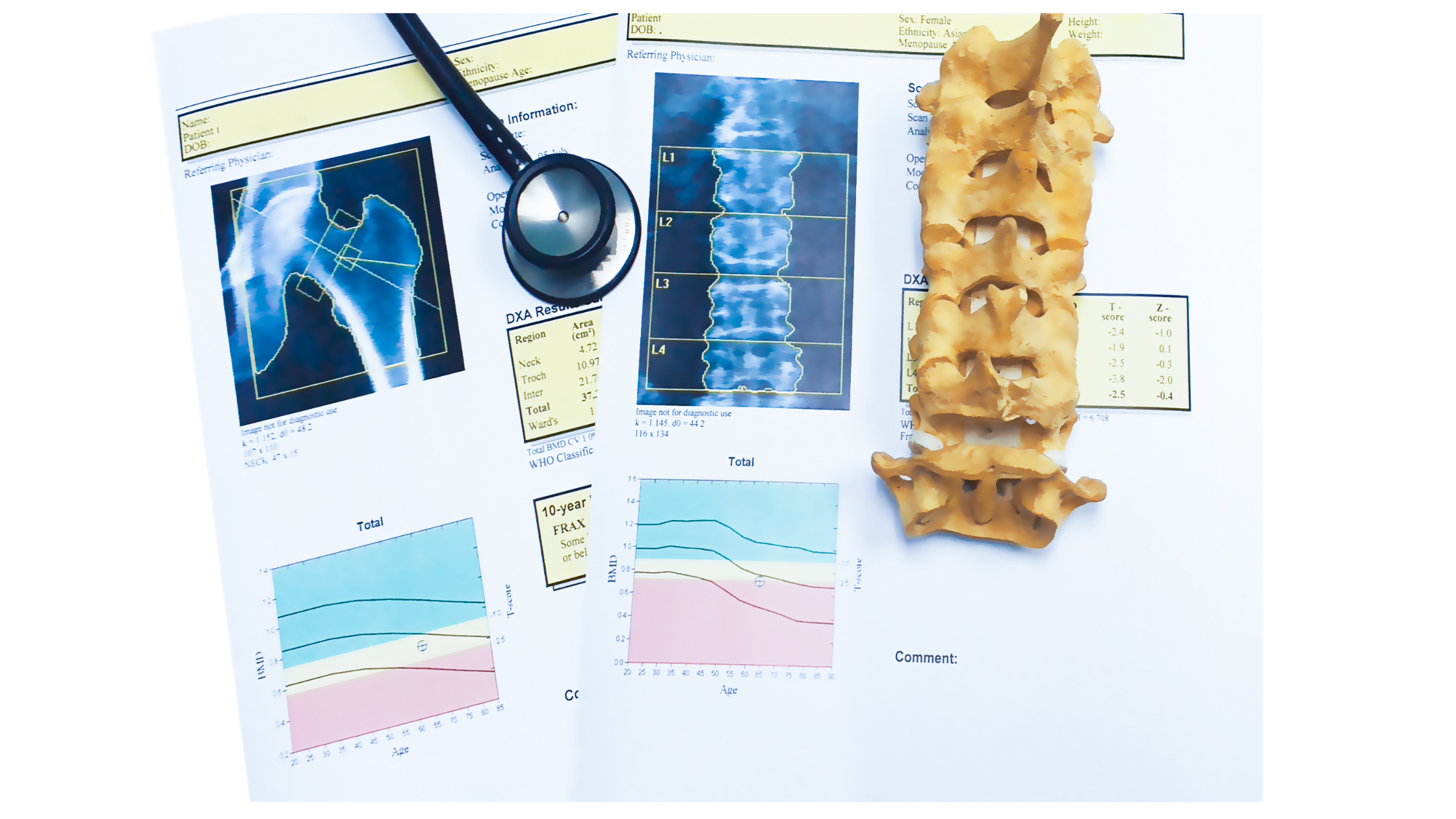
While osteoporosis won’t kill you, it is a very common health problem for seniors. Not only can it cause falls and lead to fractures, but it also reduces your mobility and even makes you disabled. Eventually, your vertebrae can collapse and cause serious problems. It’s a disorder that essentially means you're prone to bone loss, and therefore, low bone mass. Fragile bones means more breaks and possible mobility issues.
As you deal with fractures, spinal problems, and even limited mobility, your quality of life can suffer. Sometimes other health conditions develop. Early signs of osteoporosis include bone fractures, lost height, curved upper back, and sudden back pain. But osteoporosis is considered a “silent” disease and often has no noticeable symptoms until the condition advances or bones break. That’s why it’s important to have routine bone density scans after age 50.
7. Diabetes

Although common, diabetes is still a significant health risk. Not only can uncontrolled diabetes lead to eventual death, you can also lose limbs, fingers, and toes. According to the CDC, about 25 percent of people 65 and older have diabetes. Although the consequences of diabetes can be dire, you can prevent the worst-case scenarios. Simple blood tests can detect elevated blood sugar and diagnose the condition. If you have routine preventative checkups, you’re probably already getting regular diabetes screenings.
It’s best to catch diabetes early before it does irreparable damage to organs. As you get the diagnosis, you can take steps to reduce the severity of the conditions and prevent further damage. Some common symptoms of diabetes include frequent urination, unusual thirst, fatigue, cuts or bruises that are slow to heal.
8. Influenza and Pneumonia

Since the COVID pandemic, it seems that everyone is more susceptible to the flu and pneumonia. Even though they’re not chronic conditions, they are the eighth leading cause of death in people aged 65 and older. This is because seniors are more susceptible to catching the flu and developing pneumonia infections. Your immune system isn’t as well equipped to fight off these types of invaders. This is why medical experts recommend that you get a flu shot and pneumonia vaccine if you're 65 and older. Of course, this is with doctor’s approval, because vaccinations may aggravate some medical conditions.
9. Falling
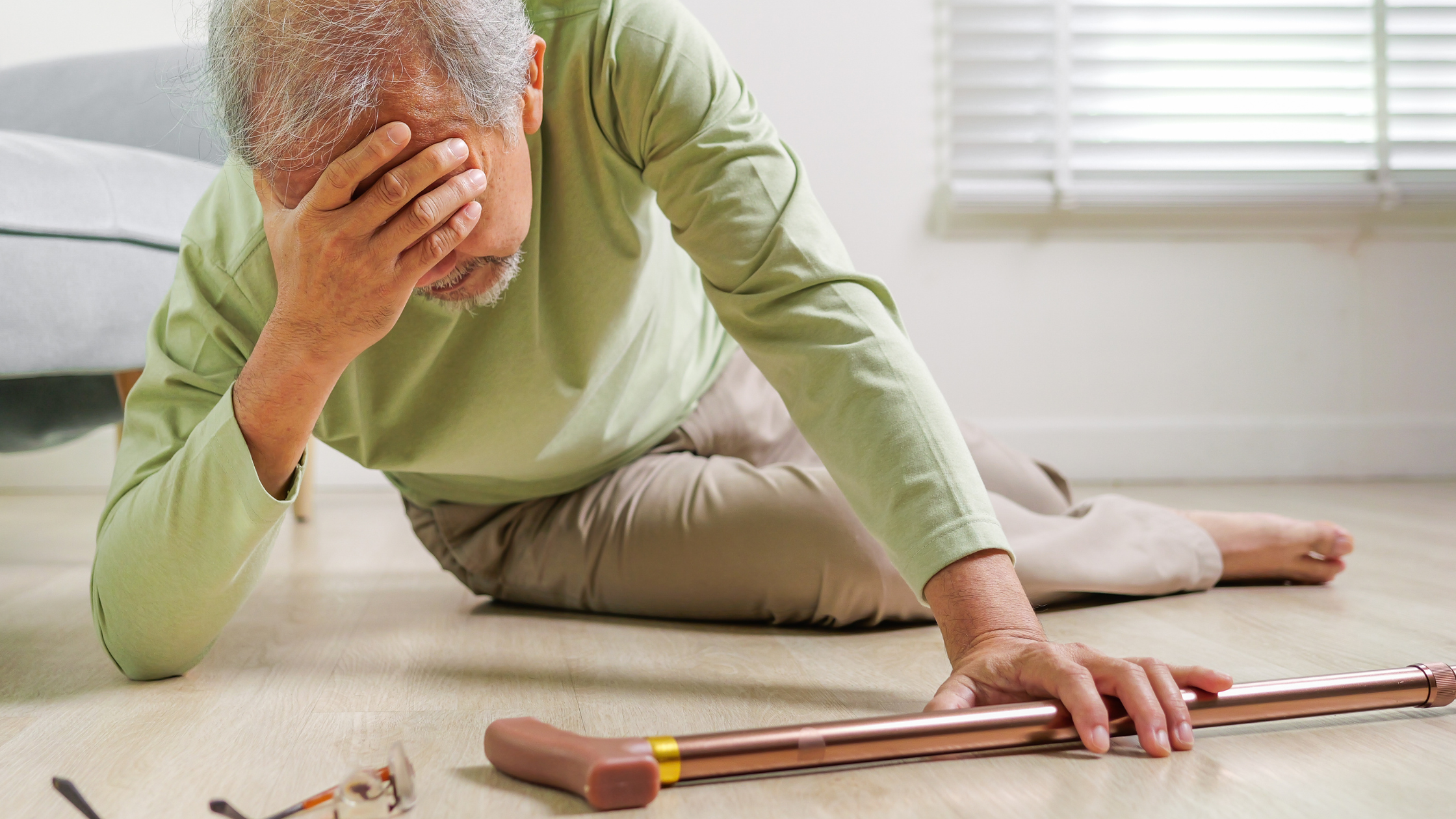
When you’re a senior, especially one who lives alone, falling can be very dangerous. The older you are when you fall, the more likely you are to need an emergency room. Every year, millions of seniors are treated in emergency rooms across the country due to falls. And often, one fall leads to another within one year. Falling can create new health problems or aggravate existing ones. You may even suffer from broken bones, which will make self-care much more difficult. Most falls occur at home, and so prevention is possible to some degree. You can’t keep a leg or ankle from giving out as you climb the stairs, but you can clear your hope of trip hazards and slippery areas.
10. Obesity

Obesity leads to a host of health problems that can become more serious as you age. It’s a leading risk factor for heart disease, cancer, and diabetes. And all of these conditions can decrease your quality of life as a senior adult. The more excess weight you carry, the greater your risk for developing these conditions. Over 40 percent of women and 36 percent of men between 65 and 74 years old are obese. According to the CDC, obesity is defined as having a body mass index greater than or equal to 30.
Obesity also increases the risk and severity of urinary incontinence.
11. Urinary Incontinence
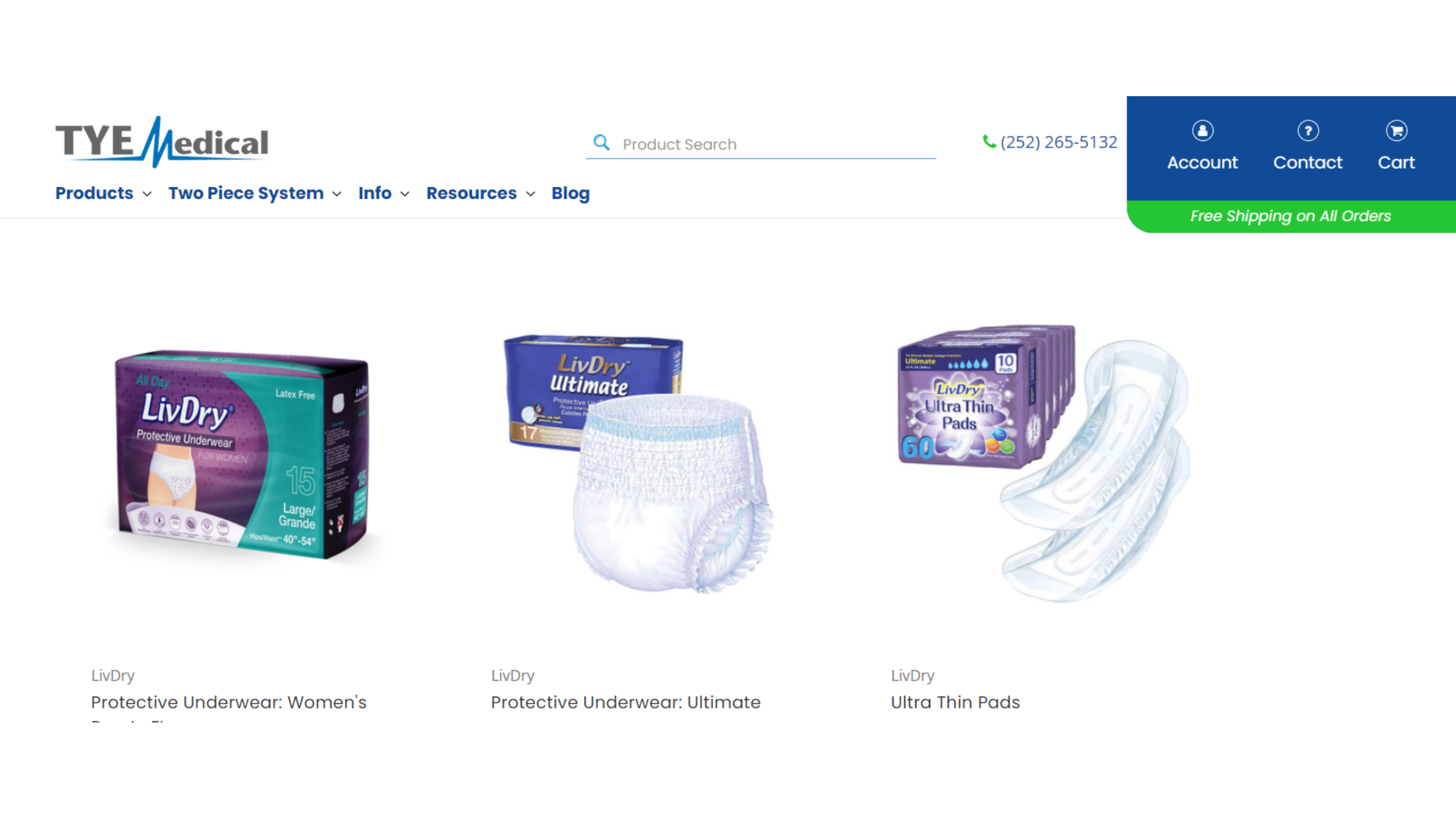
While incontinence can develop at any age, depending on conditions and circumstances, age is a major risk factor. Between 25 and 33 percent of U.S. adults experience involuntary loss of urine known as incontinence. For some seniors, leaks may be only occasional or when you’re active. This is known as stress incontinence. You might also dribble or leak urine regularly and require incontinence products to protect against these leaks.
This health condition affects your daily life but is manageable. If you’re leaking urine, consult with your doctor to determine a specific cause and proper treatment.
12. Depression

When you think of depression, you might think of younger people like teens or young adults. And it’s not uncommon for new mothers to experience postpartum depression. But it’s also a common senior health problem. According to the American Psychological Association, 15-20 percent of Americans over 65 have experienced notable periods of depression. And it’s not just about your mental condition or mood. Depression can also reduce your immunity and keep you from effectively fighting infections.
For seniors, increased social interaction, companionship, and more physical activity often help alleviate depressive symptoms. Symptoms of depression in older adults include sad mood, feelings of hopelessness or helplessness, irritability, fatigue, and loss of interest in activities that were once pleasurable.
Stay Aware of Common Symptoms
You can drive yourself crazy if you think about everything that could go wrong with your health. But it’s wise to be aware that it commonly affects seniors and take precautions. Understanding the common symptoms and how to recognize them can help you keep you prepared. Generally, if you take good care of yourself, remain active, eat right, and avoid bad habits like smoking, you’ll be on the right track for better health as you age. Be sure to get regular screenings for some of these conditions too.


